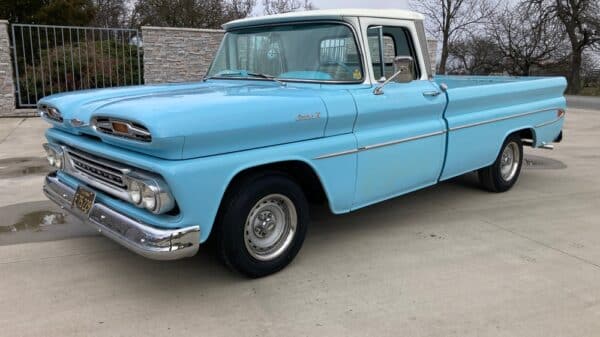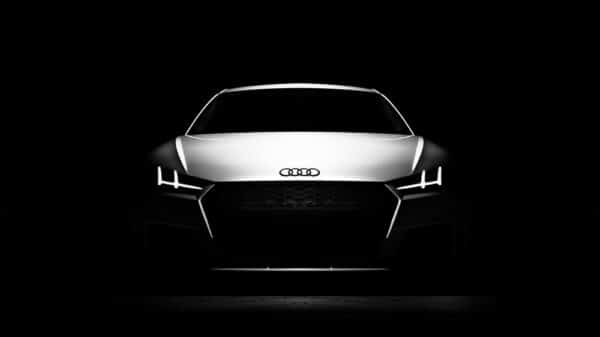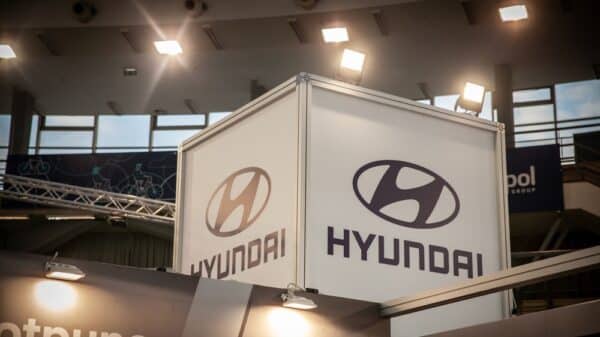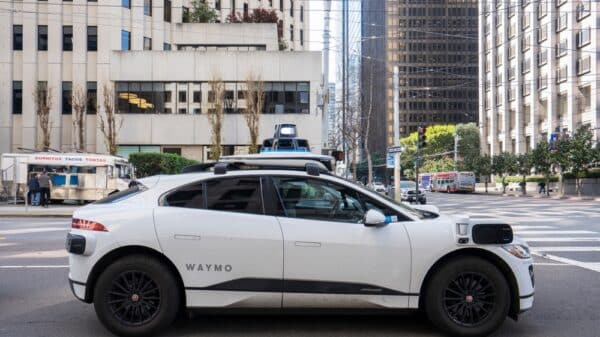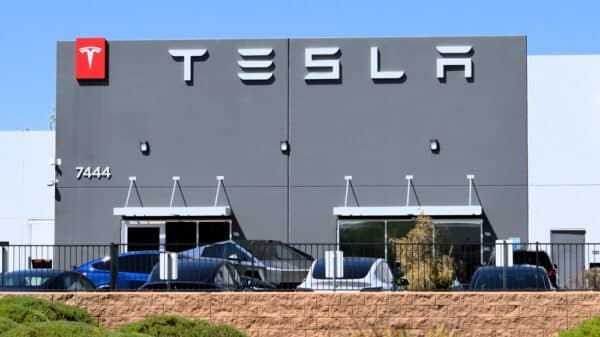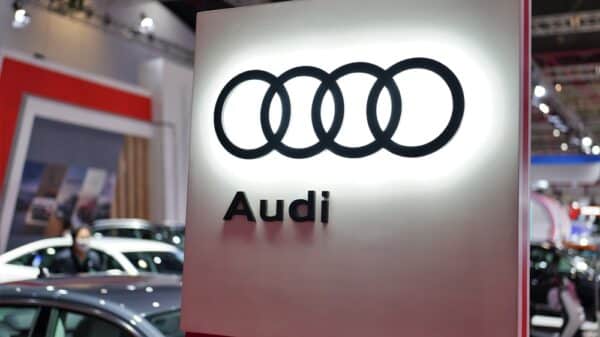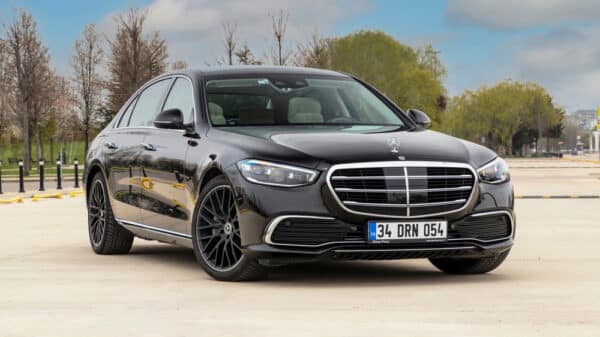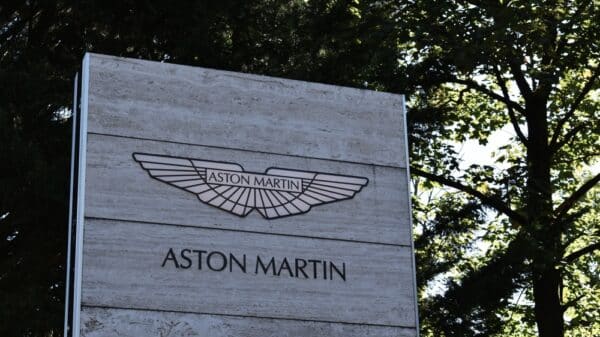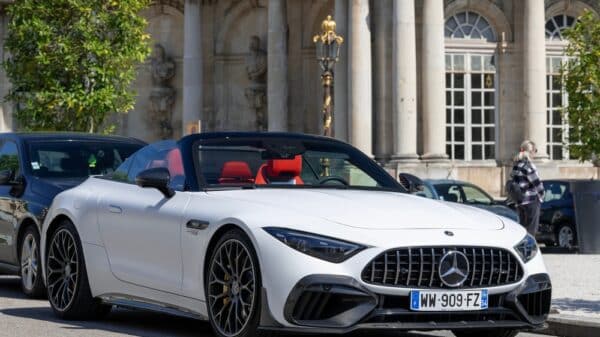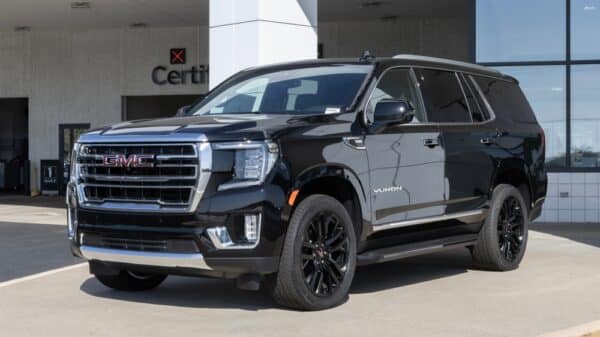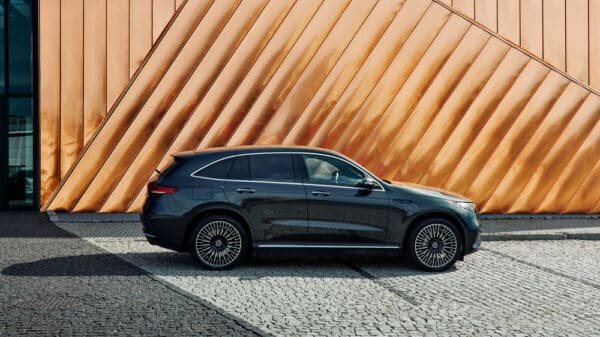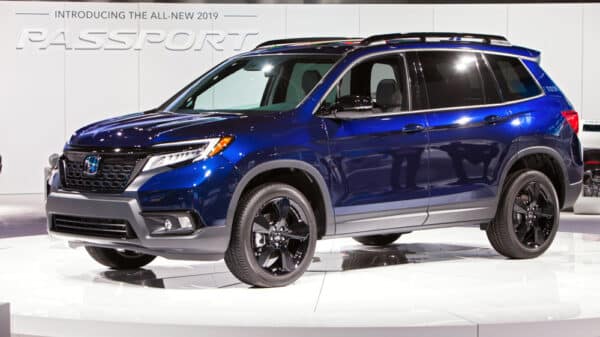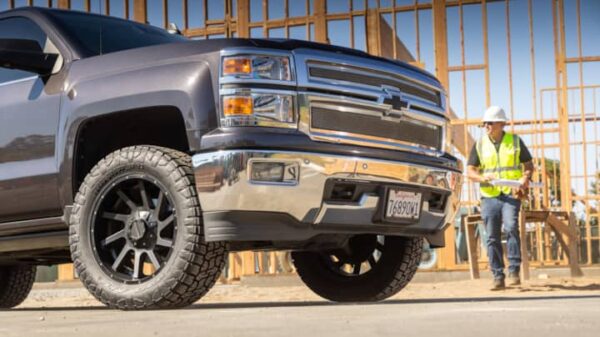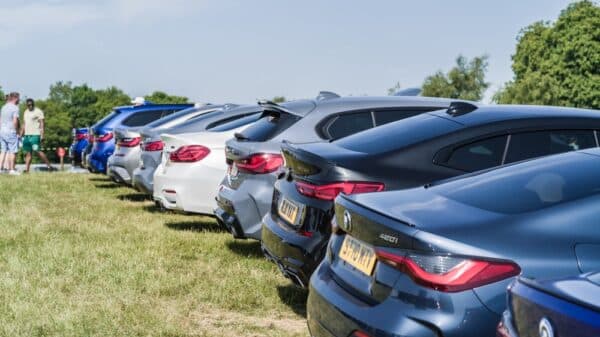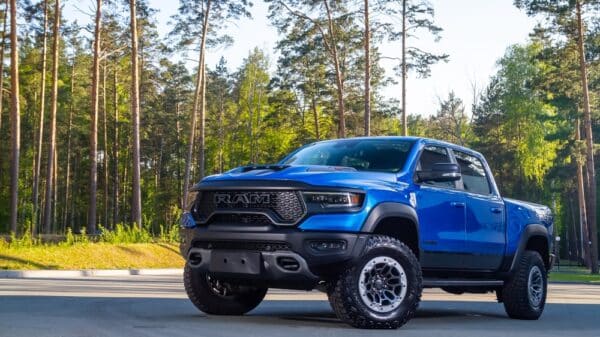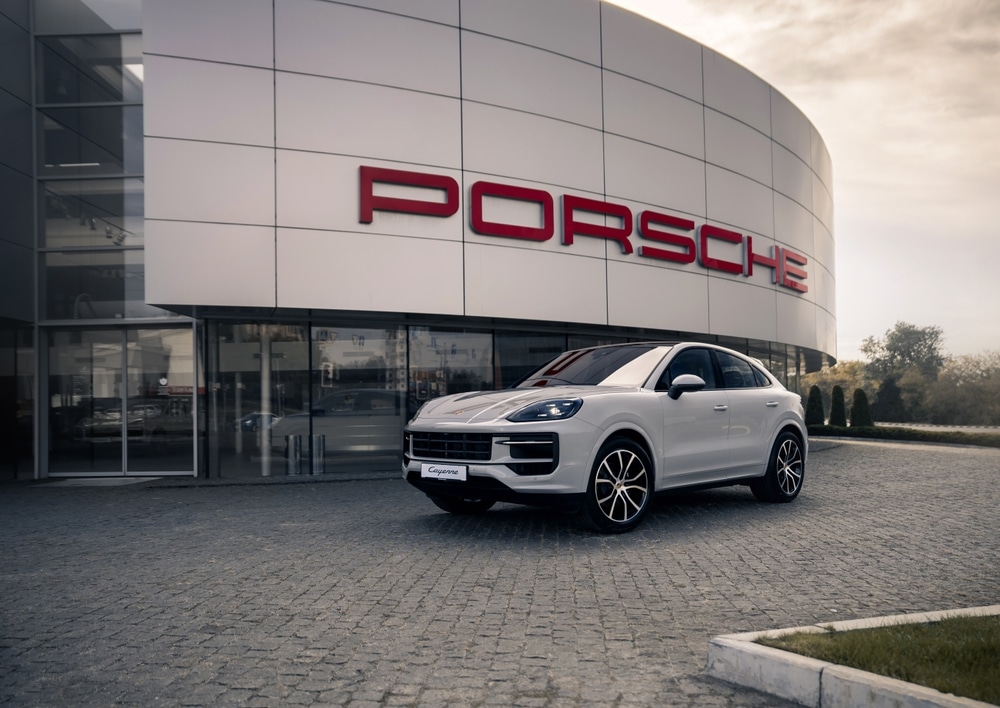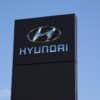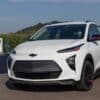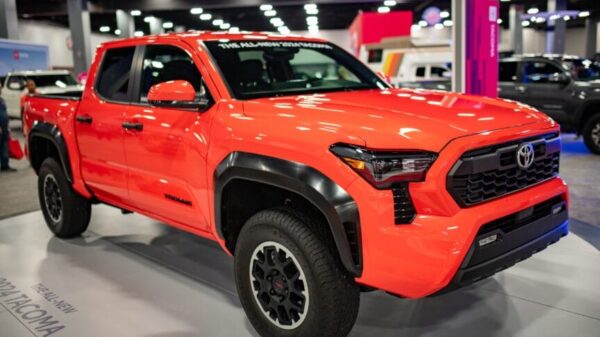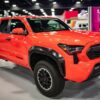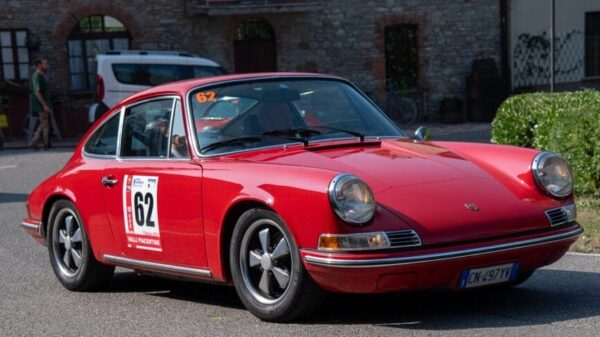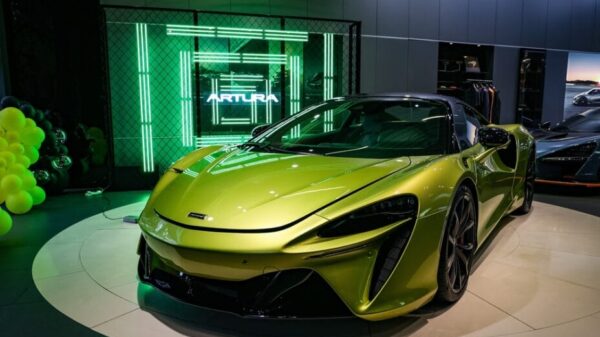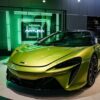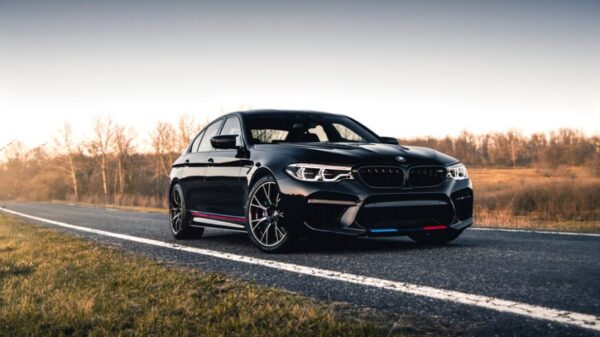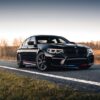Porsche is at a pivotal crossroads, and the road ahead is fraught with challenges and strategic pivots. With growth in the electric vehicle (EV) market beginning to slow, the luxury automaker is shifting its focus back to gas and plug-in hybrid models. It’s a surprising move for a company that once boldly declared that 80% of its sales would come from EVs by 2030. However, the reality of the market has forced Porsche to recalibrate its ambitions.
In a recent announcement, Porsche revealed that it anticipates a significant dip in its profits for 2025 due partly to the hefty investments required to expand its new vehicle lineup. It’s estimated that this expense will be around €800 million (approximately $826 million), a cost that will inevitably impact the company’s profit margins. Instead of aiming for the mid-term profit target of 17-19%, Porsche has adjusted its expectations, projecting margins to fall between 10-12% in 2025. This is a stark reminder that even luxury brands aren’t immune to economic shifts and changing consumer appetites.
While details are still murky regarding which specific gas and plug-in hybrid models are planned, whispers in the industry hint at the possibility of a new gas version of the Macan—a move some may see as a retreat but others may view as a pragmatic response to market realities. Additionally, the fate of the 718 Boxster and Cayman models, which were expected to go electric-only, remains uncertain, and they could possibly be offered in gas-fueled options after all.
This decision to double down on traditional engines isn’t merely stemming from a momentary lack of demand for EVs. In 2024, Porsche shipped 20,836 units of its flagship electric vehicle, the Taycan, reflecting a staggering 49% drop compared to the previous year. A contributing factor to this decline is that many potential buyers seemed to be postponing their purchases in anticipation of a refreshed Taycan model, showing how consumer sentiment can greatly influence sales dynamics.
It’s not just the Taycan that faced headwinds; in China—the largest market for electric vehicles—Porsche sold 56,887 units in 2024, a decrease of 28%. This sales slump contributed to a global decline of roughly 3%, down to 310,718 units. With so much riding on their performance in this key market, the drop in sales has forced Porsche to reassess leadership strategies at the top. In fact, the company has been in discussions with high-ranking executives about potentially shortening their contracts due to these disappointing results.
The automotive marketplace is anything but static, and Porsche’s recent strategic shifts underscore a broader narrative that many brands are grappling with—balancing innovation in electrification with the realities of consumer demand and financial performance. Amid this tumult, Porsche remains a marque synonymous with luxury, performance, and an undeniable emotional allure. Yet, it’s clear that as the industry evolves, even iconic names must navigate these turns on the road ahead cautiously, blending legacy with the future to maintain their place as leaders in the automotive space.
Image Source: Veyron Photo / Shutterstock

